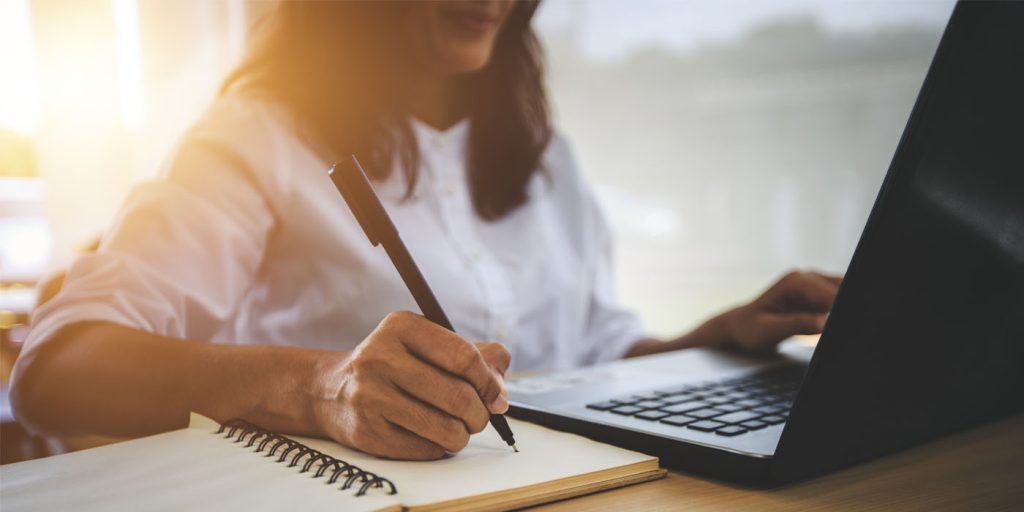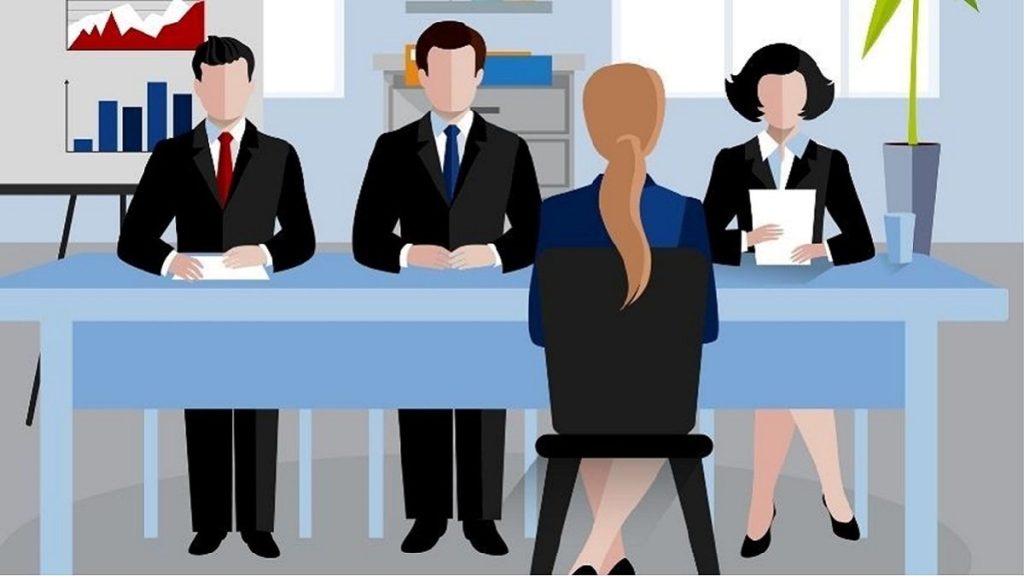How to prepare for a job interview

Job interviews can often feel intimidating, but with the right preparation, you can approach them with confidence and increase your chances of success. A job interview is not just about answering questions—it is about presenting yourself as the ideal candidate and leaving a lasting impression. Here’s a comprehensive guide on how to prepare effectively.
1. Research the Company

Before attending any interview, understanding the company is crucial. Research the company’s history, mission, values, and culture. Look into recent news or achievements, products or services they offer, and the industry in which they operate. Understanding the company allows you to tailor your answers to align with its values and goals.
For example, if the company emphasizes innovation, you can highlight your creative problem-solving skills. Knowledge about the company also enables you to ask insightful questions, which shows genuine interest and initiative.
2. Understand the Role
Carefully review the job description to understand the responsibilities, required skills, and qualifications. Identify which of your experiences and skills match these requirements and prepare to discuss them with concrete examples.
Create a list of your strengths and achievements that are relevant to the role. This preparation helps you confidently explain why you are the perfect fit for the position. Being able to articulate your value to the company is one of the most important aspects of a successful interview.
3. Practice Common Interview Questions
While every interview is different, many questions are frequently asked, such as:
- “Tell me about yourself.”
- “Why do you want to work here?”
- “What are your strengths and weaknesses?”
- “Describe a challenge you faced and how you handled it.”
Practice your responses to these questions out loud. Focus on clear, concise answers that showcase your skills and achievements. Use the STAR method (Situation, Task, Action, Result) to structure your responses for behavioral questions. Practicing ahead of time reduces nervousness and helps you communicate more confidently during the interview.
4. Prepare Your Own Questions

At the end of most interviews, you’ll be asked if you have any questions. This is your opportunity to demonstrate curiosity and engagement. Prepare thoughtful questions about the team, company culture, growth opportunities, or upcoming projects. Avoid questions about salary or benefits at this stage unless the interviewer brings it up.
Good questions reflect that you have done your homework and are genuinely interested in the role and company, leaving a positive impression on the interviewer.
5. Dress Appropriately
First impressions matter. Dress in professional attire appropriate to the company’s culture. If you’re unsure, it’s better to be slightly overdressed than too casual. A neat and professional appearance communicates that you take the interview seriously and respect the opportunity.
6. Organize Your Documents
Bring multiple copies of your resume, a list of references, and any other documents that might be relevant, such as a portfolio or certificates. Having these on hand shows preparation and professionalism. Keep them neatly organized in a folder or briefcase for easy access.
7. Practice Good Body Language

Non-verbal communication is as important as verbal communication. Make eye contact, offer a firm handshake, sit up straight, and smile. Avoid fidgeting or crossing your arms, as this can convey nervousness or defensiveness. Positive body language exudes confidence and can make a strong impression on your interviewer.
8. Prepare Mentally and Physically
A good night’s sleep and a healthy meal before the interview can significantly improve your focus and energy levels. Mentally, practice calming techniques such as deep breathing or visualization to reduce anxiety. Arrive at the interview location a little early to allow yourself time to settle in and review your notes if necessary.
9. Follow-Up After the Interview
After the interview, send a thank-you email to the interviewer. Express your appreciation for the opportunity, briefly reiterate why you are a good fit for the role, and show enthusiasm for the position. This follow-up not only demonstrates professionalism but also keeps you fresh in the interviewer’s mind.
Conclusion
Preparing for a job interview is a combination of research, practice, and self-presentation. By understanding the company and the role, practicing common questions, preparing thoughtful inquiries, and presenting yourself professionally, you set yourself up for a successful interview experience. Remember, confidence comes from preparation, and the more effort you put into getting ready, the more likely you are to leave a lasting positive impression.
With these strategies, you can approach every interview with calm, clarity, and confidence, increasing your chances of landing the job you desire.
If you want, I can also create a version with bullet-point “quick tips” at the end to make it even more reader-friendly for online audiences. This can help it perform better for blogs or LinkedIn articles. Do you want me to do that?
